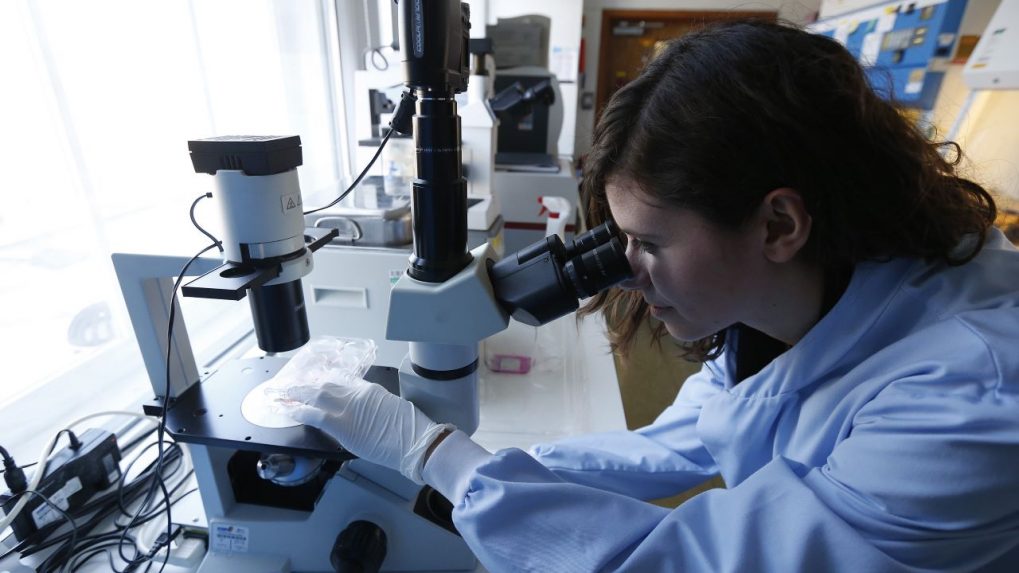
Scientists Discover Enzyme that Breaks Down MicroplasticsScientists Discover Enzyme that Breaks Down Microplastics Groundbreaking Discovery Ushers in Hope for Oceans and Human Health In a breakthrough that could revolutionize efforts to combat microplastic pollution, scientists at the University of Portsmouth have discovered an enzyme capable of breaking down the persistent pollutants into harmless byproducts. The study, published in the journal Nature Communications, has sparked global excitement and offers a glimmer of hope amidst the growing threat posed by microplastics. Microplastics are tiny plastic particles less than 5 millimeters in size that accumulate in the environment, marine ecosystems, and even human bodies. Their presence has raised concerns about their potential toxicity, disruption of ecosystems, and contribution to climate change. The Discovery and its Implications The newly discovered enzyme, named PETase, was isolated from a bacterium that inhabits compost heaps. It has the unique ability to break down polyethylene terephthalate (PET), one of the most prevalent types of plastic used in packaging and textiles. PETase works by breaking down PET into smaller molecules called monomers. These monomers can then be reused to produce new plastic materials, creating a potential circular economy for plastics. Benefits for Oceans and Human Health The discovery of PETase has far-reaching implications for both oceans and human health. Microplastics have been accumulating in oceans for decades, posing a threat to marine life and potentially entering the human food chain. By breaking down microplastics, PETase could help reduce their harmful effects on marine ecosystems and mitigate the potential risks to human health. Next Steps and Future Research The discovery of PETase is a significant step forward, but further research and development are needed to harness its full potential. Scientists are working to optimize the enzyme’s efficiency, expand its capabilities to break down other types of plastics, and develop scalable and cost-effective ways to use it in real-world applications. Collaboration between scientists, industry, and policymakers will be crucial in translating this breakthrough into tangible solutions for the global microplastic problem. Conclusion The discovery of the enzyme PETase is a beacon of hope in the fight against microplastic pollution. It holds the promise of reducing the environmental and health hazards associated with these persistent pollutants. As scientists continue to refine and develop this groundbreaking technology, it has the potential to revolutionize plastics recycling and contribute to a cleaner, healthier future for our oceans and planet.
Posted inNews